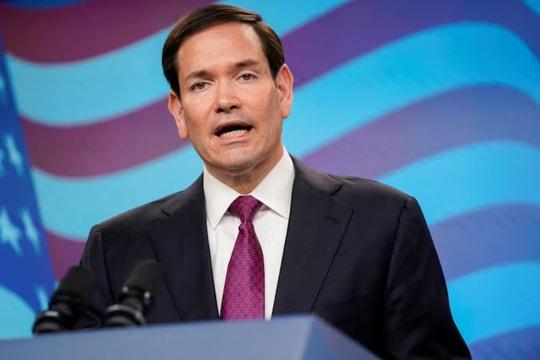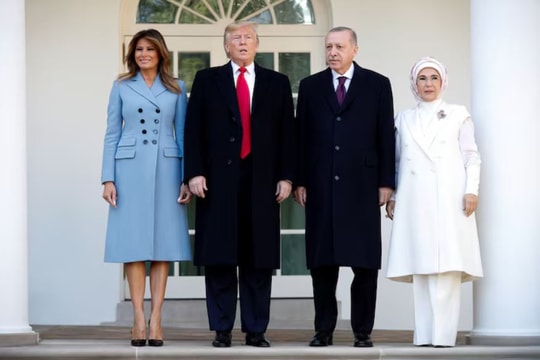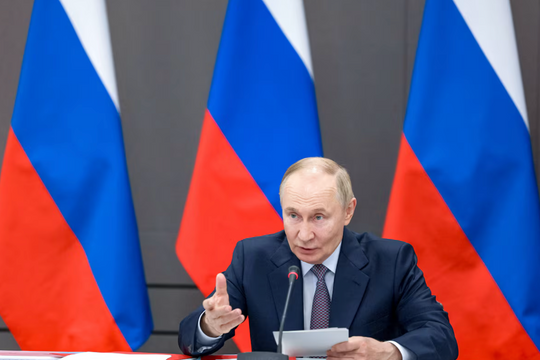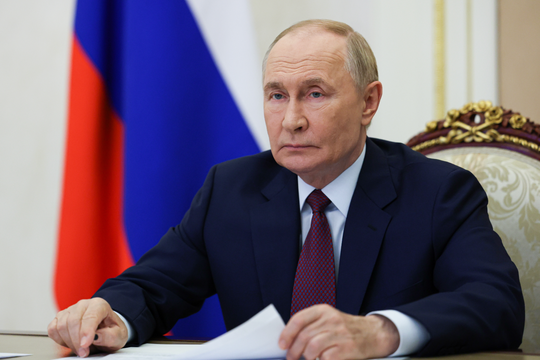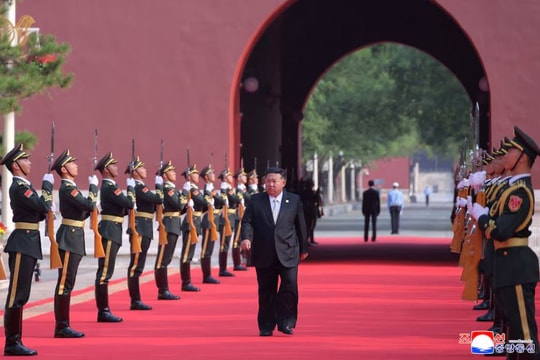US journalist says US politicians are hypocritical in negotiations with Russia
The US foreign policy approach has always been based on the principles of spheres of influence, but the US likes to condemn other countries that adhere to the same principle for their own security, according to the American newspaper The New York Times.
The United States has long betrayed democratic principles.
Journalist Peter Beinart accused American politicians of hypocrisy because, amid negotiations with Moscow on security guarantees, the United States still adheres to the so-called "Monroe Doctrine".
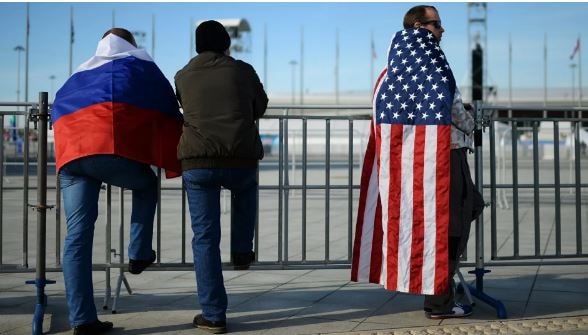 |
| Photo illustration Sputnik. |
“The United States has pursued a policy of “spheres of influence” in its hemisphere for nearly 200 years, ever since President James Monroe, in his 7th Annual Address to Congress, declared that the United States “should regard any attempt by foreign powers to extend their influence to any part of the hemisphere as a dangerous intrusion upon our peace and security,” Beinart writes.
Political threats
The author also recalls that previous White House administration officials often referred to the Monroe Doctrine as still relevant in our time, and that Joe Biden's people do not seek to prevent economic coercion of countries within the scope of US interests.
"Remember Washington's decades-long embargo on Cuba. US officials may claim the purpose of the embargo is to promote democracy, but almost every government in the world, including democratic ones, sees it as an act of political intimidation," the journalist said.
In the context of negotiations on security guarantees with Moscow, as well as resolving the Ukrainian crisis, Beinart compared Ukraine's closeness to Russia with the US-Mexico relationship.
"Mexico, whose long border with the United States resembles Ukraine's proximity to Russia, may publicly disagree with US foreign policy, but it cannot enter into military alliances with US adversaries. It is unthinkable that the Mexican government would invite Russian or Chinese troops to its banks of the Rio Grande," the author asserts.
At the same time, Beinart argues, the United States and the European Union have no real chance in any way of reducing Russia's influence in the post-Soviet space.
“America’s top priorities must be to prevent a larger war and ensure Ukraine remains a free society. And we should make a deal that recognizes Russia’s veto power over Ukraine’s military alliances to achieve those priorities, because Russia, in fact, already possesses that power,” he concluded.
Negotiations with NATO
On Wednesday, the Russia-NATO Council meeting took place in Brussels. At the meeting, Deputy Foreign Minister Alexander Grushko "honestly, frankly and without trying to beat around the bush" pointed out that further deterioration in relations between Russia and the West could lead to the most serious and unpredictable consequences for European security.

